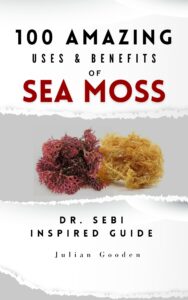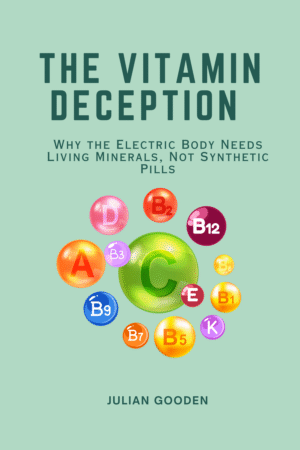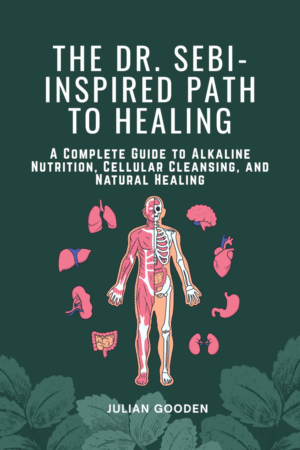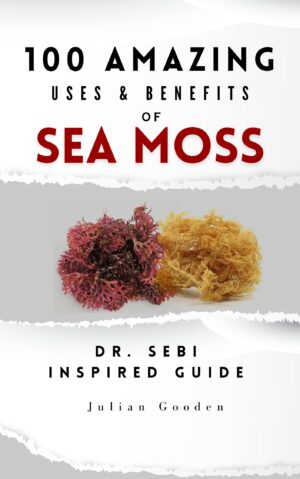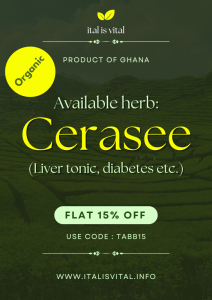Dr. Sebi often spoke about chemical affinity and that only that which is natural is compatible with the body. Therefore, only natural plant minerals from herbs and food provide the body with the true nutrients it needs.
Introduction
Assimilation is not merely about taking in a mineral – it’s about the body’s ability to recognize, attract, and utilize it. This process depends entirely on chemical affinity.
The human body, being electric in nature, can only assimilate substances that are also electrically compatible with its own structure.
Inorganic or metallic minerals (like oxides, sulfates, chlorides, carbonates of metals) lack that natural bioelectric affinity. They are lifeless, rock-based, and the body sees them as foreign matter.
The cells of the human body require ionized, plant minerals – those that have been converted by plants into organic, living forms.
When the body encounters inorganic forms (e.g., iron oxide, calcium carbonate, zinc sulfate), assimilation is either minimal or nonexistent, often leading to accumulation and toxicity rather than nourishment.
Bioavailability and Plant-Based Minerals
Bioavailability refers to the proportion of a nutrient that actually enters circulation and becomes active in the body’s biochemical processes.
Plants act as the middleman between rock and man. They take in inorganic minerals from soil and convert them into organic salts, chelated with natural substances – forms that can flow easily into the bloodstream.
This transformation gives the minerals an electric charge and a molecular structure compatible with human tissue.
Therefore, bioavailability occurs only when minerals are ingested in their plant-derived form, not as isolated chemical compounds.
Why Oxide Forms Fail
Oxides are simply metal combined with oxygen – like iron oxide (rust) or magnesium oxide.
They are insoluble, inert, and non-ionized in the biological sense.
The human digestive system cannot convert or assimilate these into a usable form.
Instead of feeding the cells, they stress the liver and kidneys, often causing mineral imbalance, constipation, or calcification over time.
Key Takeaway
- Assimilation = chemical affinity (electric compatibility)
- Bioavailability = plant transformation (organic form)
Therefore, only plant, ionized minerals — not oxides, carbonates, or metallic salts – can truly nourish and rebuild the human body.
References
- Hamaker, J. D. (1982). The Survival of Civilization. Hamaker-Zine Publishing.
- Jensen, B. (1993). The Chemistry of Man. Whitman Publications.
- Price, W. A. (2008). Nutrition and Physical Degeneration. Price-Pottenger Nutrition Foundation.




